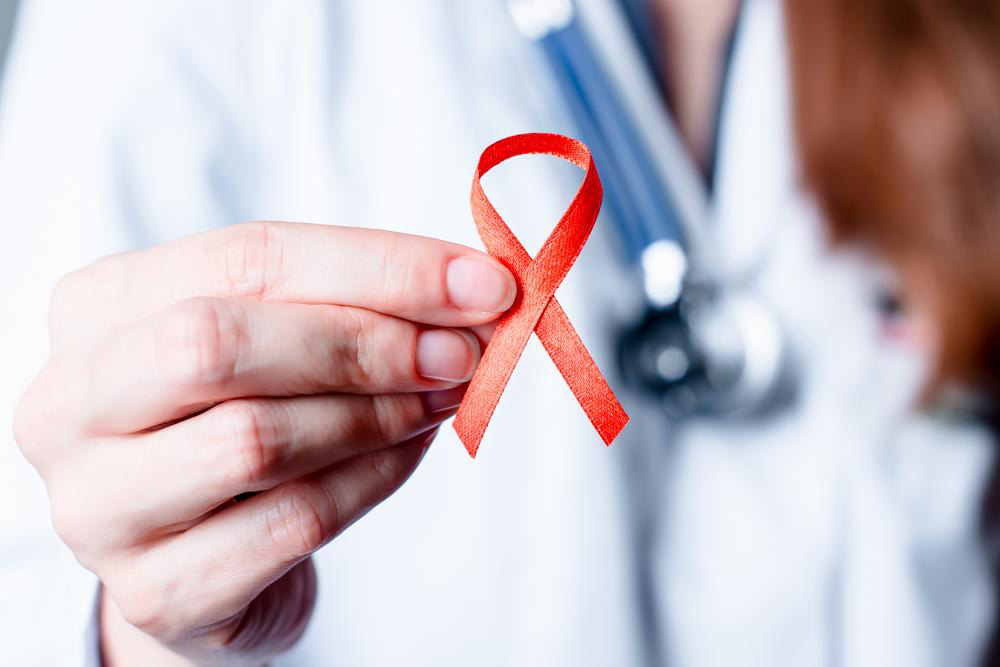HIV tests and treatment
The human immunodeficiency virus or HIV attacks the immune system. HIV especially targets CD4 cells, which help the immune system fight infections. HIV progresses in three different stages. The last stage is called acquired immunodeficiency syndrome or AIDS.
With HIV treatment plans, it can take decades for HIV to reach the stage of AIDS. Therefore, HIV tests and prompt treatment are important factors in controlling the infection, thereby allowing you to live a healthy life.

HIV tests
There are many different types of screening tests available to check for HIV. Some of them have been listed below.
Antibody tests check for the presence of antibodies in a person’s system. Antibodies are proteins that the body makes in response to HIV. Checking for antibodies is the most common way to test for HIV. HIV test kits are also available now to check for antibodies. The body can take up to 12 weeks to produce these antibodies so most of these tests will not be useful if you need to check for HIV sooner.
Combination tests check for the presence of both antibodies and antigens (foreign particles from the virus). The body can take around 26 weeks to form enough antibodies and antigens that would show up on the test.
Nucleic acid tests (NATs) check the blood for HIV. This is the fastest way to confirm the HIV diagnosis but even this can involve a time frame of about 7 days to a month. However, NATs are very expensive and not a part of the usual HIV screening tests.
HIV treatment
After the initial test, even if your diagnosis is positive, the doctor may order a follow-up test just to be sure. Follow-up tests are actually quite common in cases of HIV. If you get your initial tests done at any free STD testing center, even there you might be recommended to get a follow-up test. After your diagnosis for HIV is confirmed, your doctor may order tests to determine the stage of the disease. A CD4 count test checks the number of CD4 cells in your body. Even without the symptoms, if the CD4 count is low (below 200), you could have AIDS. A viral load test determines if the amount of the virus in the body is high or low. A blood test is done to check for drug resistance and helps doctors to know if the HIV strain in your body is resistant to any type of drugs. This helps doctors to avoid giving you drugs that will have no effect on the virus.















